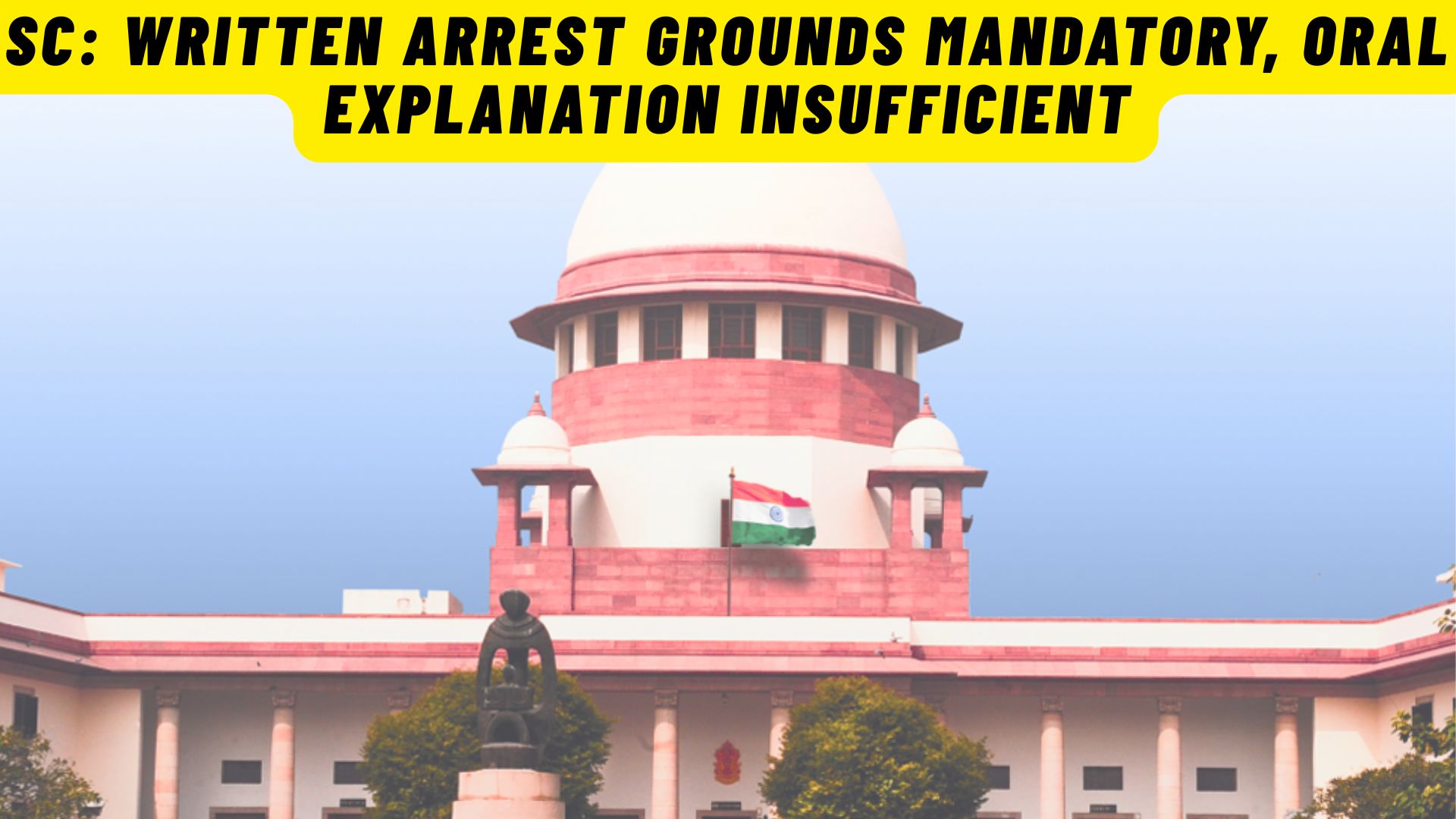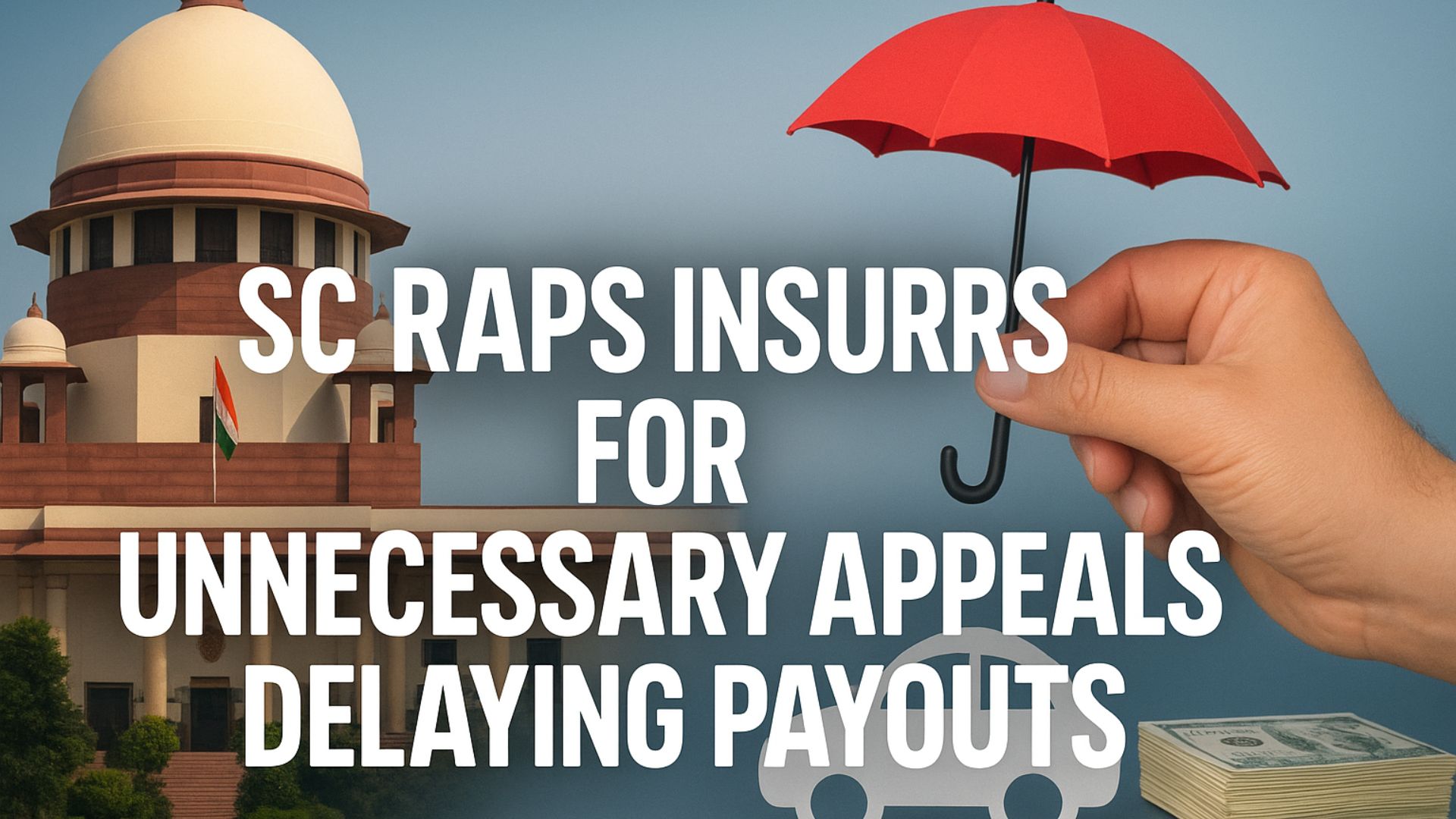Mookerjee, J.@mdashThis is an appeal by the defendant in a suit to recover the principal sum and interest thereon, due on a promissory note
executed by him in favour of the plaintiffs on the 11th June 1915. The defendant admitted the execution of the document, but contended that as he
was born on the 6th February 1895 and had a certificated guardian, the note was void because of his minority. The trial Court gave effect to this
contention and dismissed the suit. Upon appeal, the District Judge has reversed that decision and has decreed the suit. The District Judge has held
that the oral evidence adduced on behalf of the defendant in proof of the date of his birth was unreliable, which is conclusive in second appeal; he
has also held that the documentary evidence wag inadmissible in law. The documentary evidence consisted of an order made by this Court on the
15th August 1910 for the appointment of a guardian of the person of the defendant which contains a recital that the defendant was born on the 6th
February 1895. The defendant also produced a subsequent order of this Court for discharge of the guardian made on the assumption that he had
attained his majority on the 6th February 1916. On the present appeal, the argument has been restricted to the question of the admissibility of the
recital of the date of birth of the defendant in the orders for the appointment and discharge of his guardian. This question must plainly be
determined with reference solely to the provisions of the Indian Evidence Act; see the observations of the Judicial Committee in Lekhraj Koer v.
Mahapal Singh 1879 5 Cal. 744 see also the decision of the Full Bench in Emperor v. Panchu Dos [1920] 47 Cal. 671 .
2. The decision in Satis Chunder v. Mohendro Lal [1890] 17 Cal. 849 shows that a certificate of guardianship is a document which is issued to a
person appointing him the guardian of another person, on the ground that that person is a minor. This certificate is neither a book nor a register nor
a record kept by any officer in accordance with any law, but is a certificate as it professes to be of which there is only one, and which is not a
public record or register of any kind, but is a document issued to a particular person, giving to that particular person and only to him a particular
kind of authority. On these grounds, Petheram, C.J., held that the certificate could not be regarded as evidence of minority u/s 35 of the Indian
Evidence Act. This was followed by Edge, C.J., in Gunjra Kuar v. Ablakh Pande 1896 18 All. 478 and the decision of the Judicial Committee in
Mungniram v. Gursahai 1889 17 Cal. 347 (P.C.) does not militate against this view.
3. This, however, does not conclude the question of admissibility, for, though not admissible u/s 35, either of the documents may be admissible
under some other provision of the Indian Evidence Act, If it were treated as a judgment, it would clearly not be admissible as a judgment in rem,
like a grant under the Probate and Administration Act. Rani Hemangini Debi and Others Vs. Sarat Rundari Debya and Others, . On the other
hand, treated as a judgment not in rem and not inter partes, it would be admissible, not to prove its contents but only to prove that such a judgment
was in fact pronounced, see Kashi Nath v. Jagat Kishore 20 C.W.N. 643, Tripurana Seethapati Rao Dora Vs. Rokkam Vencanna Dora and
Others, , Ram Prakas v. Ananta Das AIR 1916 P.C. 256.
4. The only other provision which has been invoked by the appellant is that contained in Section 32(5) of the Indian Evidence Act, which renders
admissible statements relating to existence of relationship made before the question in dispute was raised, when the person making the statement
had special means of knowledge and is dead at the time of the suit or cannot be found or has become incapable of giving evidence or cannot be
procured without an unreasonable amount of delay or expense. In such circumstances, it has been held that a statement by the defendant''s aunt in
an application for guardianship that he was born on a certain date, is admissible u/s 32(5); see Monindra v. Ram Krishna 19 C.W.N. 646
overruling Ram Krishna v. Monindra [1914] 20 C.L.J. 302 which has been doubted in Achutananda v. Jagannath 20 C.W.N. 122. This accords
with the decision in Ram Chandra v. Jogeswar [1893] 20 Cal. 578, Dhanmull v. Ram Chunder [1890] 24 Cal. 265 and Oriental G.S.L.A. Co. v.
Narasimha [1901] 25 mad. 183. On this principle, it has been ruled that a statement made by the father of a boy as to the date of his birth, which
forms the foundation of a horoscope, is receivable in evidence u/s 32(5); Annamalai v. Annamnlai [1919] 10 L.W. 67, Ramanathan v. Murugappa
[1916] 3 L.W. 210, Amardayal v. Harpershad 1920] 5 Pat. L.J. 605, Patinharkuru v. Rama Varma 1914] 28 M.L.J. 669. This view receives
support from the decision of the Judical Committee in Mahomed Lyedol v. Yeoh AIR 1916 P.C. 242. The defendant, however, is not entitled to
the, benefit of Section 32(5), because, it transpires that the guardianship proceedings, were founded on an application and affidavit made by one
Pannalal Seal, who was alive during the trial of the suit in the primary Court and might have been, but was not called. The fact that he has since
then died, apparently during the pendency of the appeal in this Court, clearly cannot improve the position of the defendant.
5. We may add that our attention was invited on behalf of the respondent to the decision in Haines v. Guthrie 1884] 13 Q.B.D. 818 which lays
down an even stricter rule than what is contemplated by the Indian Evidence Act. There, in an action against A for goods sold, to which. A
pleaded infancy, an affidavit by A''s father (deceased), stating the date of A''s birth and made in a former fiction to which the plaintiff was not a
party was held inadmissible as evidence for A to prove his age, though it would be otherwise on matters of pedigree. This does not accord with the
decision of the Judicial Committee in Mahomed v. Yeoh AIR 1916 P.C. 242. The decision in Oriental Co. v. Sarat 1895] 20 Bom. 99 which was
mentioned in the course of argument, only shows that declarations by relatives may be received to prove the ago of the insured in an action against
the company, the contract allowing resort to non-admissible evidence.
6. We are of opinion that the District Judge has correctly held that the [orders for the appointment and discharge of guardian could not be
[received in evidence to prove the date of birth of the defendant from the recitals contained therein. The decree made by the District Judge must
consequently be affirmed and this appeal dismissed with costs.

